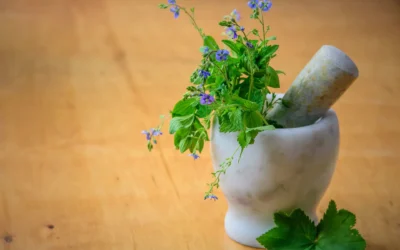The sneaker industry is competitive being valued at $70 billion dollars consisting of many brands and companies. One Indian startup is hoping to enter the sneaker industry with a revolutionary model of shoes made completely from the garbage.
The 23-year-old entrepreneur Ashay Bhave launched his sneaker company, Thaely, in June 2021 with the name deriving from the Hindi word for plastic bag. Thaely shoes are made from worldwide waste with each pair of sneakers made from 10 plastic bags and 12 plastic bottles.
In the beginning, Bhave struggled to gather a source of materials even though trash can be found in all types of places in India. Bhave assumed it would be easy to find wasted plastic bags, but he realized it was harder than he expected so he partnered with a waste-removal company that hires ragpickers.
Ragpickers are people who collect recyclables from the street to sell for cash and Triotap Technologies offers them a steady source of income with a provided indoor sorting space. The plastic bags are cleaned in a vat of water without the use of any chemicals and are hung out to dry.
When the plastic bags reach the warehouse, employees stack 8-10 layers of plastic bags that is then placed under a heat press. The resulting layered plastic material is called ThaelyTex and is shipped to the Nitush Footwear factory where shoes are assembled.
The ThaelyTex sheets are die-cut using metal forms for the base of the sneakers. Other patterns are cut from rPET fabric (made from recycled plastic bottles) that are woven like canvas.
Workers stitch the two types of materials together and the assembled “upper” part of the sneaker is stretched out and Thaely’s soles are constructed with crumbs of industrial rubber. Workers roughen the sole using a grinder to prepare for the top of the sole to be applied with clear glue and is placed under a UV light to increase stickiness.
The shoes then go through a series of heat treatments and coats to strengthen the bond with the upper and the sole, then comes the final round of stitching. Once the sneaker is done being stitched, each pair is fitted with shoelaces that are made using recycled plastic.
The Nitush factory employs 170 people and makes shoes for three different companies. Founder Bhave expresses his goal of still using existing sneaker manufacturing techniques to increase production as the Nitush factory manufactures 15,000 pairs of shoes every week.
The factory also recycles or reuses everything possible including scraps to make more ThaelyTex sheets for more sneakers. The tote packaging is also made from four plastic bottles and the shoeboxes are made from recycled paper that has seeds embedded in the material.
Customers can cut the shoe box, plant it in soil, and grow a basil seedling in two weeks. This eco-friendly production model and quality material is catching on in popularity.
Thaely sold 300 pairs of sneakers in its first month of operation and the shoes are built to last similar to other sneakers with an average use time of 2-3 years depending on the usage. Thaely isn’t the only footwear company that is making eco-friendly shoes and is facing competition from big-name brands such as Nike or Adidas.
Bhave discloses the company is already profitable despite facing competition from internationally recognized brands and the company will fund itself over time. Thaely’s model is also helping to provide income for the sanitation and factory workers.
Bhave came up with the idea for Thaely while in business school when he was participating in a university competition based on the popular investment TV series “Shark Tank” that provided the opportunity to make a design project into a real business idea.
Bhave explained private investors funded the launch of his business and the shoe design is named Y2K to reference the early 2000s as the design was inspired by skate and basketball shoes from that era. Bhave has created a way to utilize a single-use plastic product into a new product with value that will be used a lot longer.
Starting in September 2021, Indian authorities required all plastic bag manufacturers to make thicker bags with the idea that more durable bags are easier to recycle and ragpickers will be more likely to collect them. Thaely has a policy that once a user is done wearing the sneakers, they can send them back to the company for a discount and allow the company to recycle them responsibly. The used sneakers can be refurbished and donated to charities and refugee camps.


